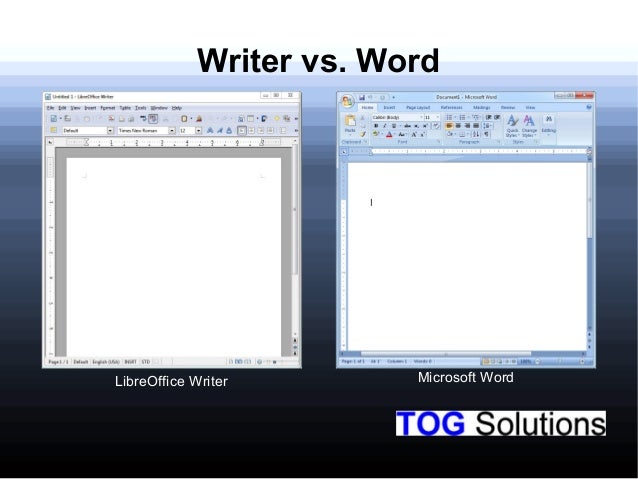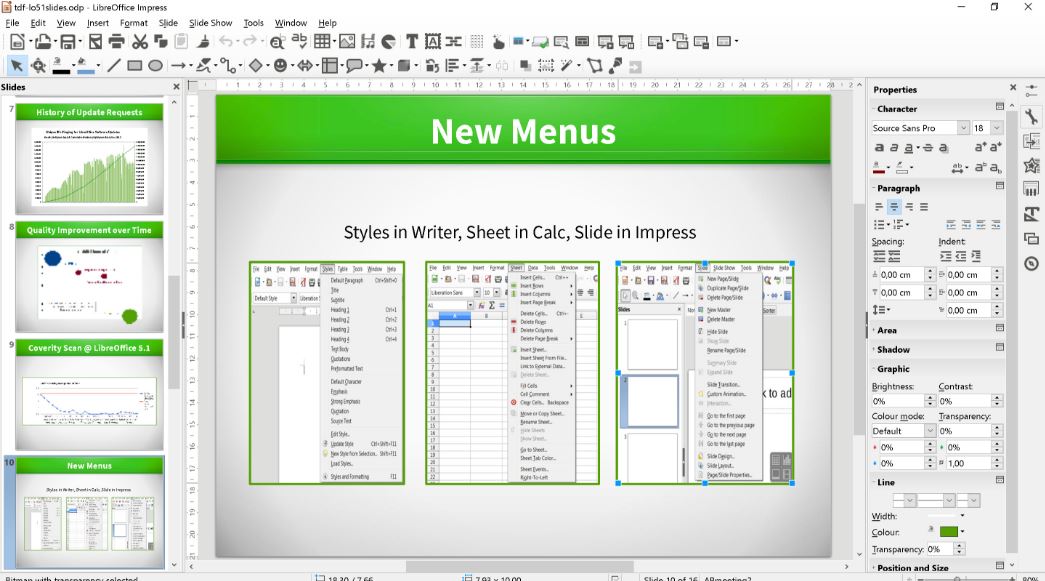
I think that’s sad – spending hours on compliling and then still missing essential parts that have been present in the past. Today, those doesn’t seem to be part of the localized builds anymore. For example, OpenOffice version 1 and 2 contained a german dictionary in the default localized install.

n… it’s obvious that such a program CAN’T be fast unless you upgrade your hardware and software along with that program.Īnother point I’d like to mention in this regards is the trend of modularization. With the implementation based upon newer sets of libraries that need certain dependencies that need certain dependencies that rely on other dependencies… cont. The reason? Because there’s much more functionality inside, like script processing engines, extensive input and output filters, and all the other litlle things – MANY little things – users are interested in. If you then maybe compare more backwards to StarOffice… well, seems to be a lot faster.

If you would compare today’s OpenOffice (version 3) to an older version (version 1), you would see that the older versions often load faster even on older systems. Modern software tends to get slower and slower, that’s true. Still, I can partly agree with your statement. GNumeric, just like Abiword, is a “more stand-alone” program, allthough to be seen as part of Gnome’s office suite (but quite independent of Gnome). Comparing OpenOffice to GNumeric is not valid as GNumeric “is less than” OpenOffice (a spreadsheed application vs. But now that oracle owns it just going to be slower and slower just like their other products.

Even tho this software still a piece of garbage, It should load as fast as gnumeric.


 0 kommentar(er)
0 kommentar(er)
